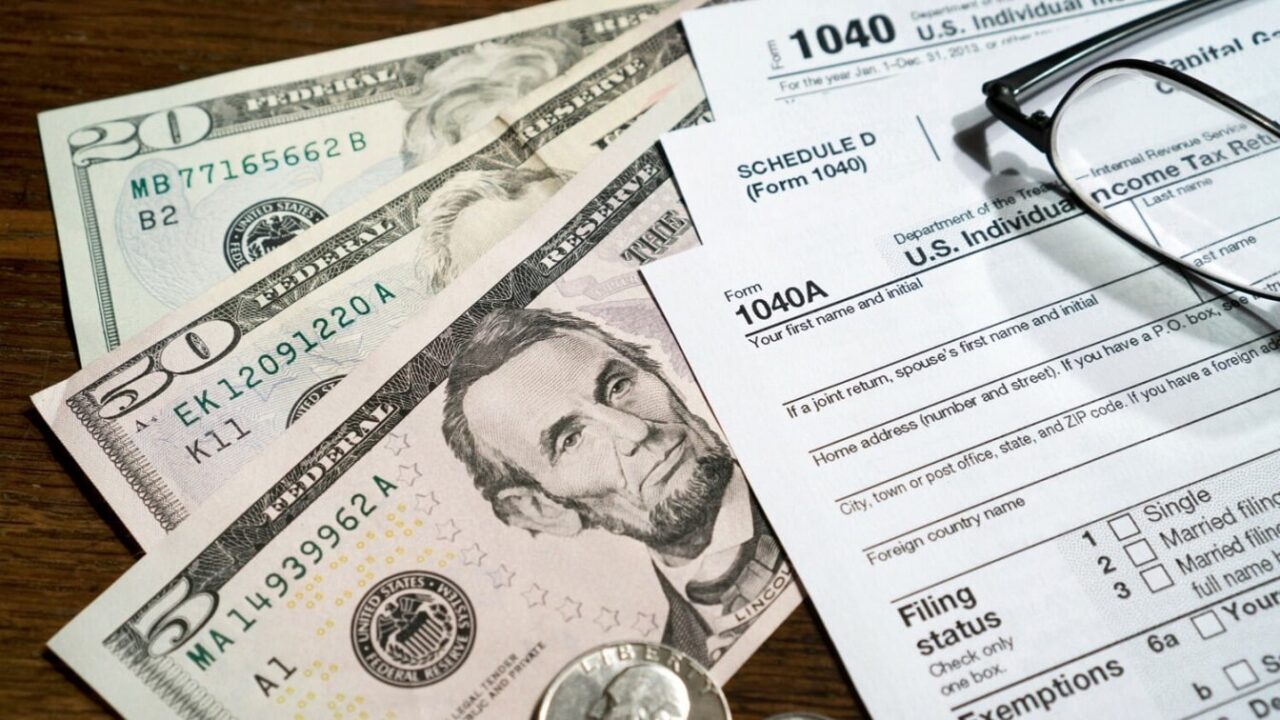What Happens If You Can’t Pay Your Tax On Time? – Tax deadline day for the IRS this year was April 18, and if you were unable to make your payment on time, there are still some options available to you.
While filers are eligible to apply for a six-month extension, applications must be made before the deadline day. If you have already missed the deadline, you won’t be able to apply for this year but you will be able to apply next year.
What If You Can’t Pay?
If you’re unable to make a payment in full for the total amount of tax you owe, don’t fret. The IRS has provisions in place to ensure that people can make payments over an extended period of time. You may qualify to apply for an online payment plan that allows you to pay off your tax debt over a chosen period of time.
The IRS allows you to pay in full, to pay over a 180-day period, or in a longer-term payment plan.
IRS Payment Plan: How Do You Qualify?
Your individual circumstances will determine what options are available to you.
To qualify for a long-term payment plan, or an installment agreement, you must owe less than $50,000 in combined tax, penalties, and interest. You will also need to have filed your tax return. If you have not yet filed your tax return over fears that you cannot make the payment, do so as soon as you possibly can.
For a short-term payment plan, you’ll need to owe less than $100,000 in combined tax, penalties, and interest.
You can apply for an online payment plan here.
IRS Payment Plan: What Costs Are Involved?
When you pay immediately, you’ll pay no setup fee and no additional interest.
Once you agree to a payment plan, you will incur some additional costs. For a short-term payment plan of 180 days or less, you’ll pay no setup fee but you will pay additional penalties and interest that accrue until the balance is paid off in full.
With a long-term payment plan, you’ll pay a $31 setup fee for automatic withdrawals. You may, however, be able to get that fee waived if you qualify as low-income.
If you pay by non-direct debit, there will be an initial $130 setup fee that is reduced to $43 for low-income filers.
You will also pay all accrued penalties and interest until you pay the tax debt in full.
There are also options available to revise existing online payment plans.
Jack Buckby is a British author, counter-extremism researcher, and journalist based in New York. Reporting on the U.K., Europe, and the U.S., he works to analyze and understand left-wing and right-wing radicalization, and reports on Western governments’ approaches to the pressing issues of today. His books and research papers explore these themes and propose pragmatic solutions to our increasingly polarized society.

